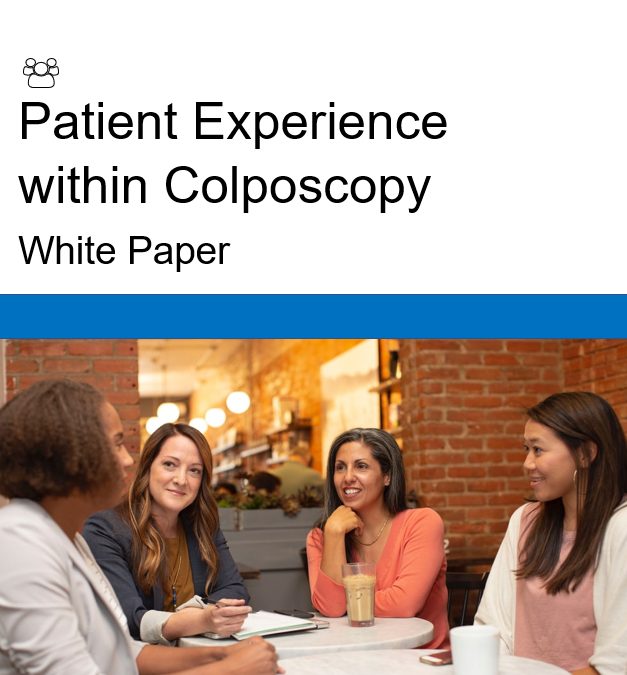Following cervical screening within a primary healthcare setting, women and people with a cervix who have a cytology result which is indicative of a cervical pre-cancer or cancer, or who are persistently high-risk HPV positive with negative cytology results, are referred to a colposcopy clinic within secondary care.
Colposcopy helps identify whether cell changes need treatment to stop this happening. If treatment is needed, the patient may be diagnosed and treated during their first visit or be invited to a return appointment for treatment following a biopsy to confirm the disease status.
In 2010, about 3.6 million women between the ages of 25 and 60 were screened in England. 330,000 women had appointments in colposcopy clinics in the same year. In the USA 55 million smear tests are taken annually and of these 3.5 million women are referred for abnormal Pap tests or LBC results. Recent changes to the guidelines in the USA mean that women will have screening tests every three years.
Patient experiences of colposcopy
Along with the natural anxiety caused by a positive (abnormal) screening result, attending colposcopy can be an additional worry for patients and result in high levels of anxiety before and during colposcopy which can have adverse effects including pain and discomfort during the procedure and high rate of women not returning for follow-up examination.
This white paper looks at the experience of patients undergoing a colposcopy examination with the ZedScan electrical impedance spectroscopy diagnostic device used as an adjunct, to assess if its use had a positive impact on patient experience and anxiety levels.
ZedScan uses Electrical Impedance Spectroscopy (EIS) to differentiate between normal, pre-cancerous and cancerous tissue on the cervix according to its electrical properties. The technology provides increased sensitivity, meaning that more patients with cervical disease are detected allowing for considerable improvements to clinical pathways.
Click Here to Download this White Paper for FreeAbout the author
Zilico is developing the next generation of diagnostic devices that remove subjectivity, increase accuracy and deliver results in real-time. These characteristics allow for the improvement and extension of clinical screening programmes globally.
Zilico’s product portfolio is centred on its patented Electrical Impedance Spectroscopy (EIS) technology which has applicability across a wide range of neoplastic conditions. Find out more at zilico.co.uk




